Buying a home is a major milestone, and choosing the right loan can make all the difference in your financial future. FHA vs Conventional Loans are two of the most popular options for Texas homebuyers, but they come with different requirements and benefits.
Understanding how they compare in terms of down payments, credit score criteria, and loan limits can help you make the best choice for your situation. Whether you’re a first-time buyer or looking for a loan with lower monthly costs, knowing the key differences between these options ensures you’re set up for success.
FHA vs Conventional Loans: Understanding the Basics
FHA/HUD Loans
If you’re looking for a flexible, government-backed loan, an FHA loan might be the right fit. The Federal Housing Administration (FHA) insures these loans, making it easier for first-time buyers or those with lower credit scores to qualify.
FHA Loan Benefits Texas
- Lower Credit Score Requirements – You can qualify with a credit score as low as 580 with just a 3.5% down payment.
- Higher Debt-to-Income (DTI) Ratios Allowed – FHA loans are more flexible with DTI requirements, allowing more buyers to qualify.
- Texas-Specific Benefits – Some FHA programs offer down payment assistance to help with upfront costs.
Conventional Loan
A conventional loan is not backed by the government and typically requires a higher credit score and larger down payment. However, it comes with advantages for borrowers with strong credit.
Conventional Loan Benefits
- No Upfront Mortgage Insurance – Unlike FHA loans, conventional loans don’t require an upfront mortgage insurance premium (MIP).
- No Lifetime Mortgage Insurance – If you put down 20% or more, you won’t have to pay private mortgage insurance (PMI) at all.
- More Property Flexibility – Conventional loans allow you to buy investment properties and vacation homes, while FHA loans are limited to primary residences.
Comparing FHA and Conventional Loans
FHA vs. Conventional Requirements
- FHA loans: Require a minimum 580 credit score with a 3.5% down payment (500 with 10% down).
- Conventional loans: Require a 620+ credit score, though a higher score gets better rates.
Down Payment Differences
- FHA loans: Require 3.5% down, making them ideal for buyers with limited savings.
- Conventional loans: Require anywhere from 3% to 20% down, depending on credit score and lender guidelines. Check out TSAHC’s down payment assistance programs.
Interest Rates
- FHA loans tend to have lower interest rates, but mortgage insurance increases the total cost.
- Conventional loans offer competitive rates, but your credit score heavily influences what you get. Compare interest rates using The Tuttle Group’s rate comparison tool.
Mortgage Insurance
- FHA loans: Require mortgage insurance premiums (MIP) for the life of the loan (unless refinanced).
- Conventional loans: Require private mortgage insurance (PMI) only if the down payment is less than 20%. PMI can be removed once you reach 20% equity.
Loan Limits
- FHA loans have limits based on county. Check HUD’s loan limit tool to see limits in your area.
- Conventional loan limits are typically higher, making them a better option for more expensive homes.
Appraisal Process
- FHA loans require a stricter appraisal to ensure the home meets safety and livability standards.
- Conventional loans have more flexibility, allowing homes in as-is condition in some cases.
Debt-to-Income (DTI) Ratio
- FHA loans: More lenient, allowing higher DTI ratios.
- Conventional loans: Lenders prefer lower DTI ratios for approval.
Quick Comparison Table: FHA vs Conventional Loans
| Feature | FHA Loan | Conventional Loan |
| Credit Score | 500 with 10% down; 580 with 3.5% down | 620 minimum |
| Down Payment | 3.5% for scores 580+; 10% for scores 500-579 | As low as 3%; 20% to avoid PMI |
| Mortgage Insurance | Upfront MIP and annual premiums required for the life of the loan | PMI required if down payment <20%; can be canceled once 20% equity is achieved |
| Debt-to-Income Ratio | More lenient, allowing higher DTI | Typically stricter requirements |
| Loan Limits Texas | Varies by county; ranges from $524,225 to $571,550 | Conforming loan limit up to $726,200 in most Texas counties |
| Property Eligibility | Must be a primary residence; property must meet FHA standards | Can be used for primary residences, second homes, and investment properties |
| Interest Rates | Often fixed; competitive due to government backing | Rates vary based on credit score, loan term, and market conditions |
| Mortgage Insurance Removal | Not removable unless the loan is refinanced | PMI can be canceled once 20% equity is reached |
| Down Payment Assistance | Eligible for various programs, including first responders | May qualify for assistance, but options may be more limited than FHA |
| Closing Costs | May include upfront mortgage insurance premiums; sellers can contribute up to 6% of the loan amount | Seller contributions typically capped at 3% to 6%, depending on the down payment |
| Refinancing | Streamlined refinancing available through FHA Streamline Refinance program | Various refinancing options, including rate-and-term and cash-out refinances |
Note: Loan limits and requirements may change—always consult a mortgage expert for the latest details.
Choosing the Best Loan Option
So, which loan makes the most sense for you? That depends on your credit score, down payment, and long-term goals. Here’s when each option might be the better choice.
When an FHA Loan is the Better Choice
- You have a credit score below 620.
- You don’t have a large down payment (3.5% is enough).
- You have a higher debt-to-income ratio.
- You’re a first-time homebuyer and need flexible loan terms.
When a Conventional Loan is the Better Choice
- You have a credit score above 700, allowing you to secure a better interest rate.
- You have at least 20% down and want to avoid PMI.
- You want to buy a second home or investment property.
- You prefer lower long-term loan costs.
Choosing the right loan isn’t just about numbers—it’s about your goals, finances, and future plans. A mortgage professional can break it down and help you find the best fit.
Partner with The Tuttle Group: Get the Best Home Loan Options Texas
Buying a home is a big deal, and finding the right loan can feel overwhelming. With years of experience and a commitment to making the mortgage process simple, The Tuttle Group helps homebuyers like you find the best FHA and conventional loan options in Texas. Whether you need low down payment solutions, competitive interest rates, or expert guidance, our team is ready to assist at every step.
With a wide range of loan programs tailored to different financial needs, The Tuttle Group ensures you get the right mortgage for your situation. Countless satisfied clients trust us for our transparency, professionalism, and smooth lending experience.
Get in touch with our experts today for personalized advice and a hassle-free home loan process.



